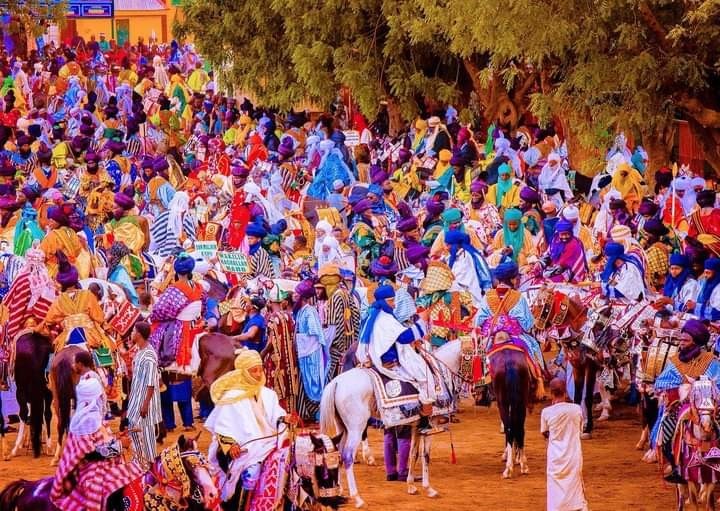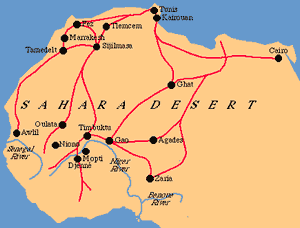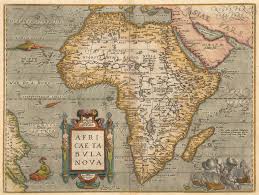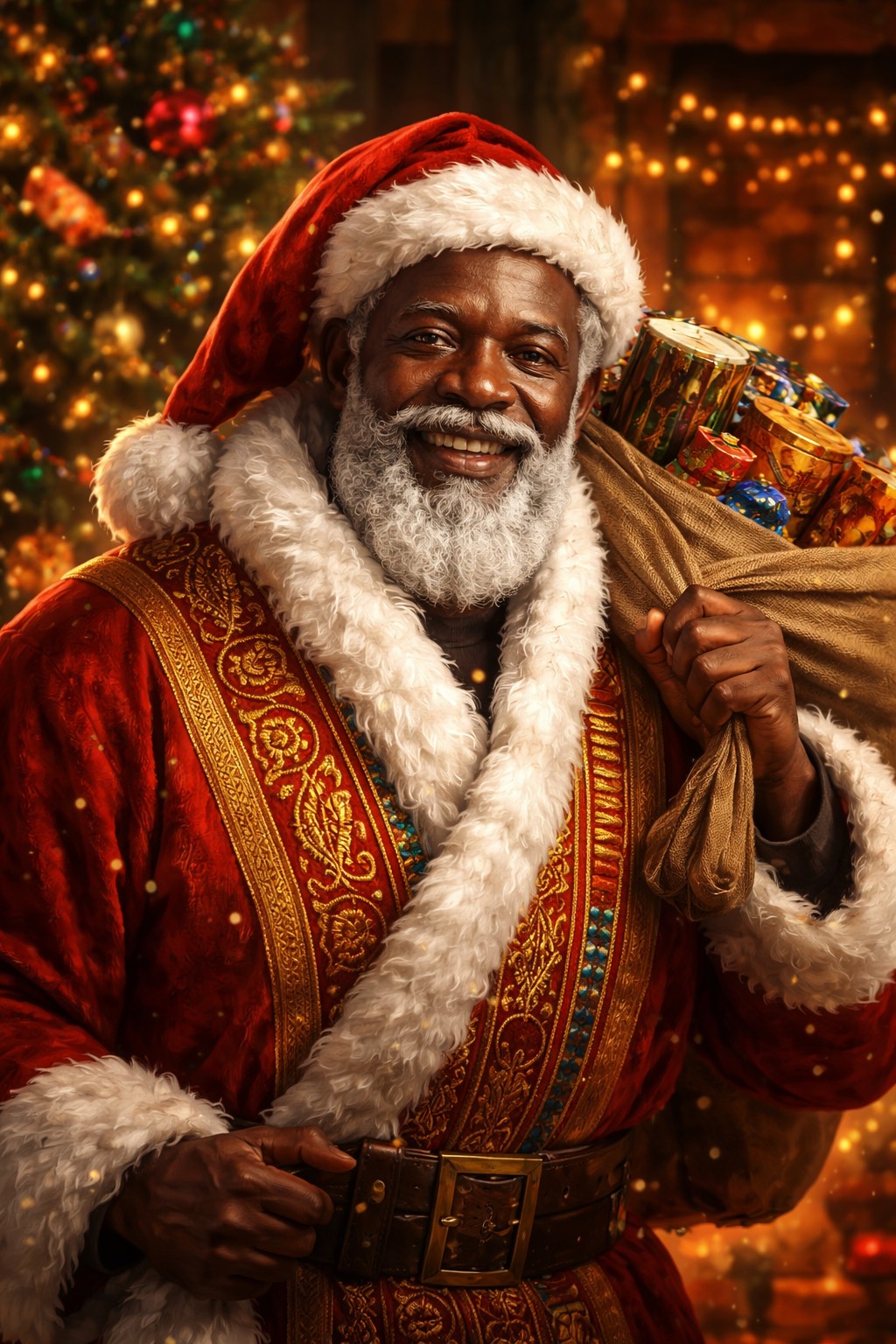The History of the Durbar Festival in Northern Nigeria

The History of the Durbar Festival in Northern Nigeria
Explore the history of the Durbar Festival in Northern Nigeria, a vibrant cultural celebration showcasing royal pageantry, horsemanship, and centuries-old traditions.
The Durbar Festival, or Hawan Sallah, is an annual equestrian and cultural event celebrated in several cities across northern Nigeria. This centuries-old tradition is deeply rooted in Hausa history, dating back over 500 years. The festival is primarily held during the Muslim festivities of Eid al-Fitr and Eid al-Adha, drawing large crowds of spectators, dignitaries, and tourists from across the world.
Origins and Historical Significance
The Durbar Festival traces its origins to the 14th century during the reign of Sarki Muhammadu Rumfa of Kano. Initially, the festival served as a demonstration of military strength, where cavalry regiments displayed their preparedness for battle before the Emir. Over time, it evolved into a grand celebration of cultural heritage, showcasing the loyalty and valor of the people towards their rulers.
The term "Durbar" is of Persian origin, historically linked to ceremonial assemblies in colonial India. However, the native Hausa people refer to it as "Hawan Sallah," meaning "the Mount of Eid," symbolizing the traditional horse-riding procession during the festival.
The Grand Procession and Cultural Display
The festival begins with prayers at dawn, followed by an elaborate parade featuring the Emir and his entourage adorned in exquisitely embroidered garments, riding beautifully decorated horses. Each horse is covered in ornate fabrics and ornaments, sometimes worth thousands of dollars. The procession is accompanied by musicians playing traditional drums, trumpets, and other instruments, creating a vibrant and rhythmic atmosphere.
Horses have played a vital role in the history of northern Nigeria, particularly in warfare and royal ceremonies. Emirs and noblemen historically maintained strong cavalry units, with military commanders known as Madawaki leading regiments into battle. Today, these traditions are preserved in the Durbar Festival, where each district presents its finest horsemen to pay homage to the Emir.
Key Events of the Durbar Festival
The festival spans several days, with distinct events marking each stage of the celebration:
- Hawan Sallah: The Emir leads a procession through the city to greet the people and offer prayers for prosperity.
- Hawan Daushe: This is the most thrilling part of the festival, where horsemen race at full speed towards the Emir before halting abruptly to salute him. This breathtaking display of horsemanship draws thousands of spectators.
- Hawan Nassarawa: The Emir visits government houses and important dignitaries to strengthen political and cultural ties.
- Hawan Doriya: The final day of the festival involves paying tribute to key historical families and concluding celebrations with dance, music, and fireworks.
Regional Variations and Tourist Attractions
Durbar festivals are celebrated in various cities such as Kano, Katsina, Sokoto, Zaria, Bida, and Ilorin. The Kano Durbar Festival is the largest and most prestigious, attracting global tourists and cultural enthusiasts. It is estimated that during each parade in Kano, over half a million people gather to witness the spectacle.
Beyond being a cultural celebration, the festival is a symbol of unity, heritage, and pride for the Hausa people. It offers a glimpse into the rich history of the region, reflecting centuries-old traditions passed down through generations.
Recognition and Preservation
In December 2024, UNESCO recognized the Durbar Festival as an Intangible Cultural Heritage, underscoring its historical and cultural significance. Efforts are being made to preserve this unique festival for future generations, ensuring that the traditions and customs remain vibrant in modern times.
Conclusion
The Durbar Festival is more than just a parade; it is a grand celebration of northern Nigeria's heritage, showcasing loyalty, horsemanship, music, and pageantry. Whether you are a history enthusiast, a cultural explorer, or simply a lover of spectacular events, experiencing the Durbar Festival is a journey into the heart of Hausa tradition and splendor.


